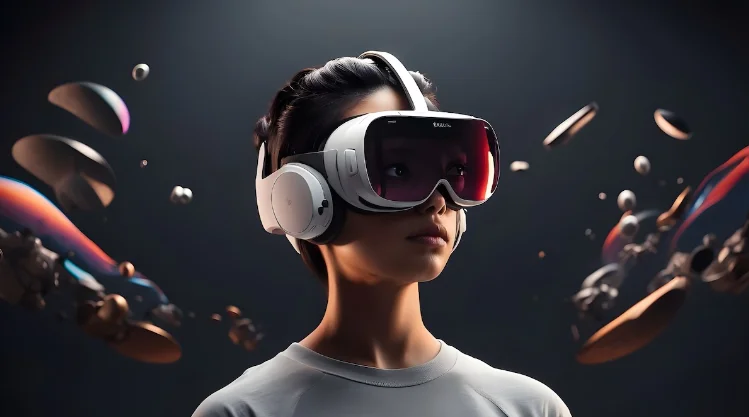The Article Tells The Story of:
- Meta’s VR in Education: Meta partners with 13 U.S. and U.K. universities to introduce VR and XR tools, making subjects like science and history more interactive.
- Metaversity Expansion to Europe: Meta brings its “metaversity” program to Europe, offering immersive learning at universities in the U.K., Spain, and Germany.
- Financial Setbacks & Vision: Despite losses, Meta continues investing in VR and AR, aiming to revolutionize education with immersive tools in schools worldwide.
Metaverse virtual reality “Metaversities” to change the fate of education
Meta has been making tremendous inroads into the teaching world, taking further its latest project Meta for Education, a foray into virtual reality (VR) and mixed reality (XR) technologies. In this regard, it has launched a beta program of 13 universities in the U.S. and the U.K. for more widespread adoption of VR in learning. It opens up VR to newly designed instruments for use by teachers in order to have a more engaging and a more interactive learning process.
Check Out similar Article of Meta Headset La Jolla AR/VR on SquaredTech
A New Age of Learning: VR and XR in the Classroom
Meta for Education is providing these partner universities with an early version of a product Meta has been working on for some time. With this tool, teachers will be equipped to introduce VR and XR, and it shall bring an exciting new angle to previously dry subjects in science, medicine, history, and language arts. It enables students to get down and get dirty with hands-on experience in handling all subjects, making the learning process engaging and not an absolute monotonous affair.
Participating universities in this cutting-edge program include Arizona State University, Imperial College London, and the University of Miami, among others. The institution will run the VR and XR prototype in real classrooms and feed back to Meta as it strives to perfect the final product for a launch after this pilot.
Rounding Out U.S. and U.K. Universities, Meta Expands Metaversity Program to Europe
END. This means virtual replicas of real-world campuses, within which students can participate in immersive learning experiences. The first such institutions are the University of Leeds in the U.K., the University of Basque Country in Spain, and the University of Hannover in Germany. It enables them to experience courses in a virtual campus environment, thus making learning more accessible and interactive.
Classes at the University of Leeds have already begun with intensive classes in performance and theater studies; other immersion in physiotherapy and anatomy at the University of Basque Country is set to start early next year, February 2025. The coming academic year will also feature immersion classes in different courses at the University of Hannover as part of the program.
Meta Pushes Education Despite Financial Losses
Meta’s entry into education is meanwhile also happening amid financial distress for its Reality Labs division overseeing its VR and AR offerings. In fact, the firm had already booked the losses on the line of business, reporting on October 25 that it lost $4.4 billion in Q3. Yet Meta intends to invest heavily in such VR and AR technologies as it can envision them as future components in education alongside the entertainment and other applications.
The company is introducing education into the company with VR tools following its launching of Quest headsets and new tools and resources meant especially for educators – such as the hub for educational apps, and controls for centralized management. All this was designed to facilitate VR adoption by schools and, most importantly, get more immersive, interactive experiences into the classroom for students.
Will VR Ever Be Mainstream in Education?
So Meta wants to be one of the big leaders with the big players like Apple also seeking a spot in this space. Its success in VR educational tools may become the future of learning, at least for universities, as a means of student interaction with educational content. If Meta has its own way, VR and XR will enter the mainstream much faster, and schools and universities around the world may use more immersive learning experiences often.
New educational VR tools might just be the beginning from Meta. As the firm refines its product and expands further into diverse partnerships, the future of education could look entirely different in this light: students utilize VR and XR to explore or learn in ways unimaginable before now, such as virtual labs for science, learning lessons in history to study ancient civilizations, or even partaking in interactive English language classes. Meta is thus paving the way to an altogether new kind of era in education.


